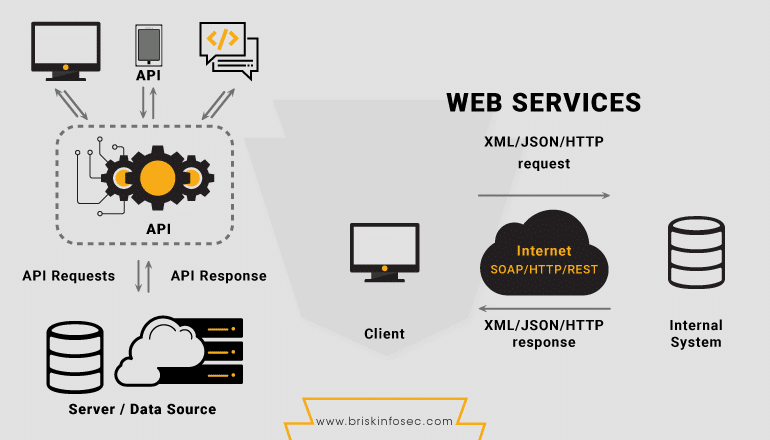How to Create an Author Website for Free

How do I create an author website for free? In the digital age, having an online presence as an author is essential for connecting with readers and reaching a larger audience. Making a professional author website is one efficient approach to accomplish this. A professionally designed website not only displays your work but also gives readers a place to find out more about you and your writing career. Fear not if you’re on a tight budget! This post will walk you step-by-step through the free author website creation procedure. For diverse author websites see here.
Why Do You Need an Author Website?
Let’s first examine the importance of having an author website before moving on to the technical details. Your online residence is represented by an author website. It serves as a central center where readers, publishers, and agents can find your work, get to know you, and interact with it. The following are some strong justifications for building an author website:
Professional Image: Having an author website improves your credibility as a writer and presents you in a more professional light.
Display Your Work: Your website gives you a platform to display the books, essays, stories, and other written stuff that you’ve produced.
Connect with viewers: Through blog postings, newsletters, and social media integration on your website, you may establish direct contact with your viewers.
You have complete control over how you promote yourself and your work to the world thanks to your own website.

Agents, publishers, and event planners may easily obtain all the information they require in one location thanks to the centralization of information.
Choosing a Website Building Platform
There are various website-building platforms to pick from when it comes to creating your author website for free. Here are a few well-liked choices:
WordPress.com: WordPress provides an intuitive platform with a selection of free themes and customization options.
Wix: Wix’s drag-and-drop interface makes it simple to create a website without knowing any code.
Weebly: Weebly is renowned for its responsive design features and user-friendly layout.
Blogger: Google’s Blogger is a fantastic option if you’re searching for a simple blogging platform.
Creating Your Author Website
Once you’ve decided on a platform, you can begin creating your author website. To get started, take these actions:
Step 1: Choose a Domain Name
The internet address for your website is its domain name, such as www.yourname.com. Pick a memorable domain name that accurately describes your writing style.
Step 2: Select a Template
There are many different templates available on the majority of website-building sites. Choose a template that fits your genre and personal writing preferences. Recall that readability and simplicity are essential.

Step 3: Customize Your Website
Make the template you’ve chosen your own by making changes to it. Include a bio for yourself as an author, a good profile photo, and any relevant social media links. Prevent clutter and keep the design simple. https://www.theebikespecialist.com.au/electric-bikes/
Step 4: Showcase Your Work
Establish pages to highlight your books, essays, and other writing endeavors. Include book covers, synopses, and links to buy the book. If appropriate, offer snippets or sample chapters to draw readers in.
Step 5: Start Blogging
A blog is a great platform for communicating with readers. Share writing advice, details about your creative process, and project updates. Readers will continue to return for more with consistent, high-quality content.
Step 6: Collect Subscribers
Include a sign-up form to collect email addresses. By doing this, you can create a mailing list and update your readers about publications, occasions, and deals.
Step 7: Optimize for SEO
Your website will rank higher in search engine results if you use search engine optimization (SEO). For quicker loading times, use pertinent keywords, create evocative meta titles and descriptions, and optimize your photos.
Engaging Content Ideas
Consider adding the following to your website to keep your audience interested and entice them to visit again:
Blog for authors: Share your writing experiences, advice, and industry knowledge.
Answer questions from readers about your books and writing process in this Q&A section.
Behind-the-Scenes: Give a brief description of your work space, research methods, and daily schedule.
Book reviews: Promote a sense of community by sharing reviews of books you’ve enjoyed.
Guest articles: To diversity your material, get other authors to write guest articles or conduct interviews.

Final Thoughts
It need not be expensive or difficult to set up an author website. You may create a professional website that displays your work and connects you with readers all around the world if you have the correct platform and a clear concept. Consistency is crucial; keeping your website updated with new content on a regular basis can help you keep up a strong online presence. So, get to work creating your author website right away! Your literary endeavor deserves a place online.





